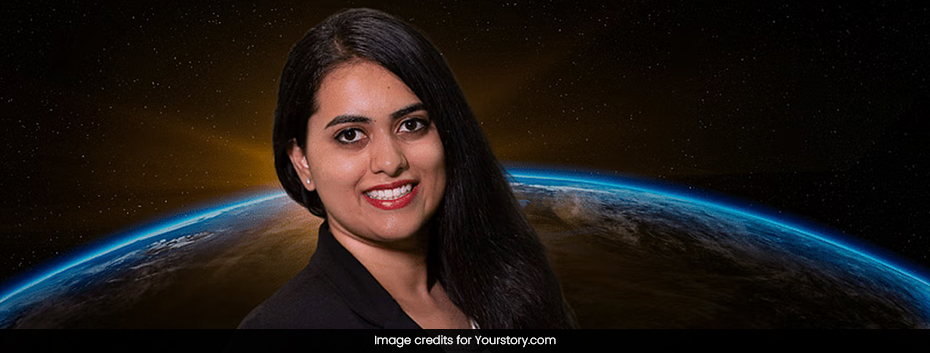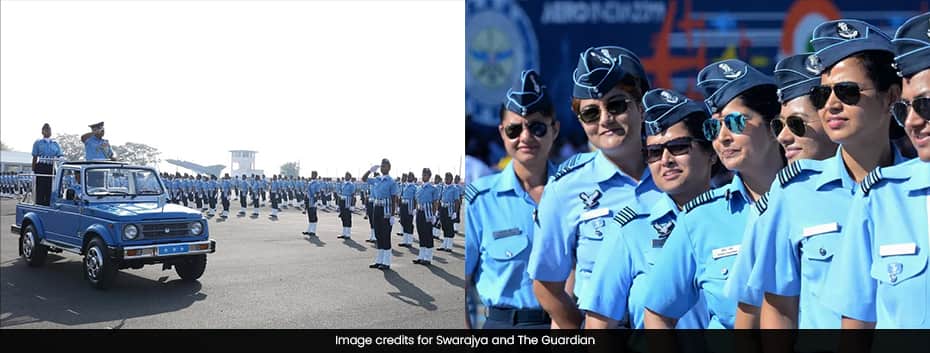![]() English
English
Dr. Akshata Becomes the First Indian To Operate Mars Rover

Dr. Akshata Krishnamurthy achieved a milestone by being the first Indian citizen to operate and administer a rover mission on Mars. She successfully etched her name in history, and this momentous achievement of hers paved the way for Dr. Akshata herself and India’s growing presence in the global space exploration landscape. Dr. Krishnamurthy had once said in one of her Instagram posts that she had always dreamt of working with NASA, and to reach her goal, she visited the United States 13 years ago without anything in her hands but aimed to lead a breakthrough in science and robotic operations on Earth and Mars. Her Instagram account is ‘astro.akshata.’
Dr. Akshata who was determined to work at NASA, entered the prestigious Massachusetts Institute of Technology to embark on her academic journey. In that institute, she earned a Ph.D. degree in the field of Aeronautics and Astronautics. Dr. Krishnamurthy is one of the few Indians who managed to bag a full-time opportunity at NASA. Dr. Krishnamurthy’s LinkedIn profile says that she is a Principal Investigator and Mission Science Phase Lead at NASA. She has been working for over 5 years at NASA. Before working at NASA, she served in the role of Instrument Systems Engineer at MIT.
Regarding the same, she said that she had to knock 100s of doors upon receiving her Ph.D. at MIT to reach the place where she is now and it was never easy. Presently, this amazing lady is working on several cool space missions which include the operation of the MARS rover which collects samples and brings them back to Earth.
Her earnest dedication and exceptional skills became the key to her entry into NASA (National Aeronautics and Space Administration). This also led to joining the team operating the Perseverance rover on Mars. This rover was a part of the Mars 2020 mission and it landed on Mars in February 2021. The objective of this 2020 mission was to search for any potential life signs or microbial life and collect samples for future analysis.
The role of Dr. Krishnamurthy as the operator of the Mars rover is crucial for the project’s success as she is responsible for planning and executing the rover’s movements, carefully navigating the Martian terrain, and ensuring the safe reach of the rover toward its selected targets. This involves tasks such as commanding the rover to drive, collect rock samples, and operate scientific instruments.
Apart from her contributions in the field of Aerospace technology and science, Cr. Akshata Krishnamurthy further motivates countless individuals, especially young women and girls with her e-book titled “Your Ultimate Guide to a Space Career.” This book provides insights into a valuable roadmap for individuals seeking a spot in this field or who are interested in traversing this field.
According to a report submitted by the SSPI Society of Satellite Professionals International website, her contributions have gained her numerous accolades including the honorary NASA Honor Group Achievement Award, the Emerging Space Leader Award, and the 2017 Luigi G. Napolitano Award from the International Astronautical Federation.
About NASA:
NASA, or The National Aeronautics and Space Administration is an organization responsible for the civil space program, aeronautics research, and space research, which is under the U.S. Federal government. NASA was established in 1958 succeeding NACA (National Advisory Committee for Aeronautics) to give the U.S. space development effort a distinctly civilian orientation, emphasizing peaceful applications in space science. NASA has led most American space exploration, including Project Mercury, Project Gemini, the 1968–1972 Apollo Moon landing missions, the Skylab space station, and the Space Shuttle. NASA currently supports the International Space Station and oversees the development of the Orion spacecraft and the Space Launch System for the crewed lunar Artemis program, the Commercial Crew spacecraft, and the planned Lunar Gateway space station.
NASA’s science is focused on better understanding Earth through the Earth Observing System; advancing heliophysics through the efforts of the Science Mission Directorate’s Heliophysics Research Program; exploring bodies throughout the Solar System with advanced robotic spacecraft such as New Horizons and planetary rovers such as Perseverance; and researching astrophysics topics, such as the Big Bang, through the James Webb Space Telescope, the Great Observatories, and associated programs. NASA’s Launch Services Program provides oversight of launch operations and countdown management for its uncrewed launches.




